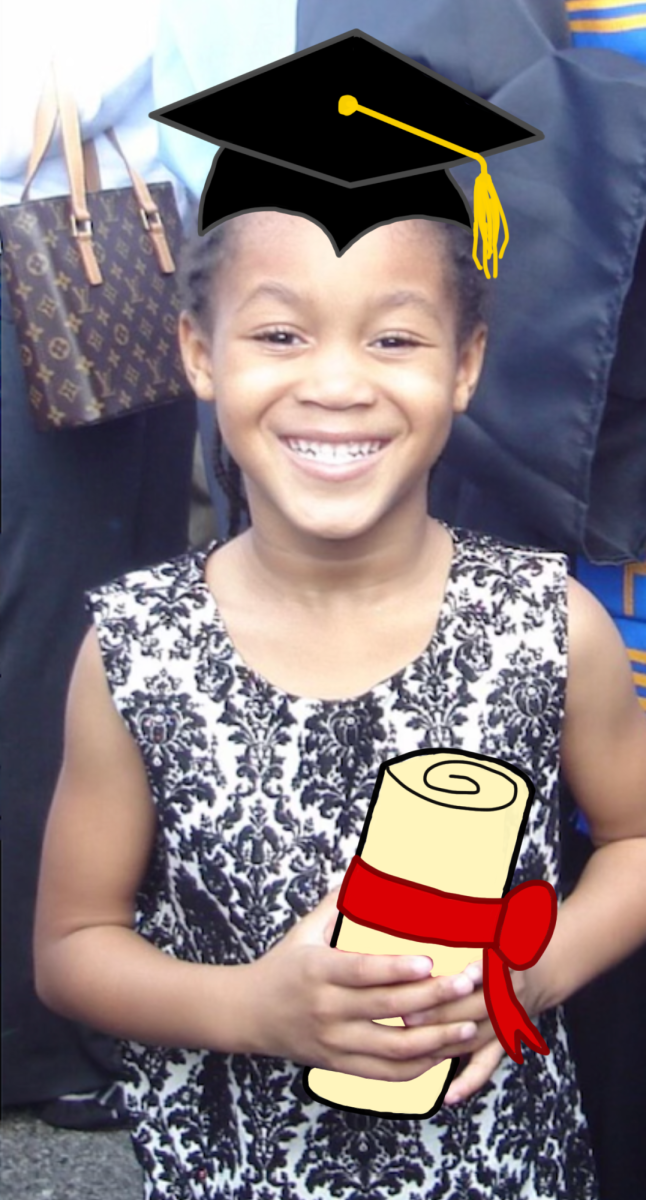As a result of some rash decision-making at the beginning of my fall quarter, I enrolled in MATH 19620 as a non-econ major. I spent my Mondays, Wednesdays, and Fridays surrounded by classmates who probably cared much more about matrices and kernels than I ever will—or at least they seemed to understand what they are. I, on the other hand, floundered trying to even visualize, let alone master, the concepts that we spent weeks covering in class.
“It can’t be that bad, can it?” the few people to whom I talk (read: complain) about this have consoled me. Math classes for social science majors aren’t designed to be challenging.
And yet it was that bad. The first week was difficult for me; the second week, which I thought would be better, turned out even worse. I thought it would get better once I sat down and really studied the material. But it didn’t, not really. I attended the problem sessions every week and went to office hours when I could. Every time I was in the classroom, I would glance around and wonder if anyone else was as lost as I was.
I often hear people confidently proclaiming, “I am terrible at math.” Their commentary often ends there, as if the case is closed, and the story is over. I have always wanted to be comfortable with this conclusion for myself, to sell my math textbooks for a modest profit and burn my years of math notes with a lighter, the way smokers light their cigarettes in front of Cobb. I wanted to watch the pages curl in the flames and happily move on to the next chapter of my life.
But I couldn’t do that. Not even as I struggled—in blatant futility—with linear algebra. Accepting that I was simply bad at math felt like giving up on myself. This, regardless of the grades I received on my midterms and finals, was my greatest failure: abandoning my own standards of achievement and settling for something slightly less favorable.
My experience with linear algebra is a story of disillusionment, one of my coming to terms with my inability to cross an intellectual boundary that others seem to master with ease. From this perspective, it’s nothing special—it seems like every new first-year is advised not to expect too much, because “even if you breezed through high school, chances are that you will get a low grade on your first Hum paper.” From the start, we are told to expect disappointment, and sure enough, I have already received my guaranteed dose.
But I think my experience also opens up the bigger question of what failure is, beyond the letter grade that a professor assigns to you or where you fall on the curve. And it’s a question I believe many people on this campus have on their minds: What does it mean to fall short of your own standards of excellence in such an intellectually demanding environment?
Two voices seem to ring equally clear on this issue. On one hand, there’s the idea—or perhaps the fact—that we’re at one of the best academic institutions in the country. Not many people get the opportunity to surround themselves with such bright minds; even being on this campus is a success in itself. Failure, then, doesn’t mean so much—especially when you give something your best effort.
But then there’s another voice that charms our more ambitious sides. It whispers in our ears that this isn’t enough, and that mediocrity—regardless of subject, and even among the most excellent students—is unacceptable. This second voice may not tempt you, dear reader, but it tempts me and, I’m sure, many others who walk the Quads. It is this second voice that would keep me up for an extra hour the night before a problem set was due, or prompt me to wake up early in the morning to get a head start on studying.
I feared failing—failing to reach my own standards and my desired grades—more than anything else. And hard work would protect me from failure.
Until it couldn’t. I realized this one cloudy afternoon while I was working on linear algebra in my room. It wasn’t really an epiphany so much as the final straw in a series of small moments: a single problem that was frustratingly difficult for me, yet probably relatively simple for most other people. I just couldn’t solve it, and that made me not want to solve it. There was nothing to motivate me past my inability.
I am gradually accepting how bad I am at math, but it is an unsettling process. Giving up math simply because I did not enjoy doing it seems almost petty. It feels like a justification for the fact that I just wasn’t disciplined enough to force myself to read through the textbook and review my notes after class. Maybe I did completely disappoint myself. But I have thought this through many times already, and any excuse I conjure will only ever appear like an inadequate rationalization.
But I’m starting to be OK with that. I’m not sure if that’s a good or a bad thing, but it’s something I want to share because it’s not shared enough. We champion our victories and we share our successes, but our vulnerabilities we hide under layers of clothing and veneers of confidence.
Kristin Lin is a second-year in the College.







